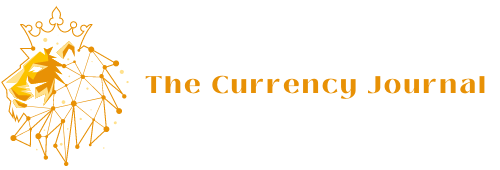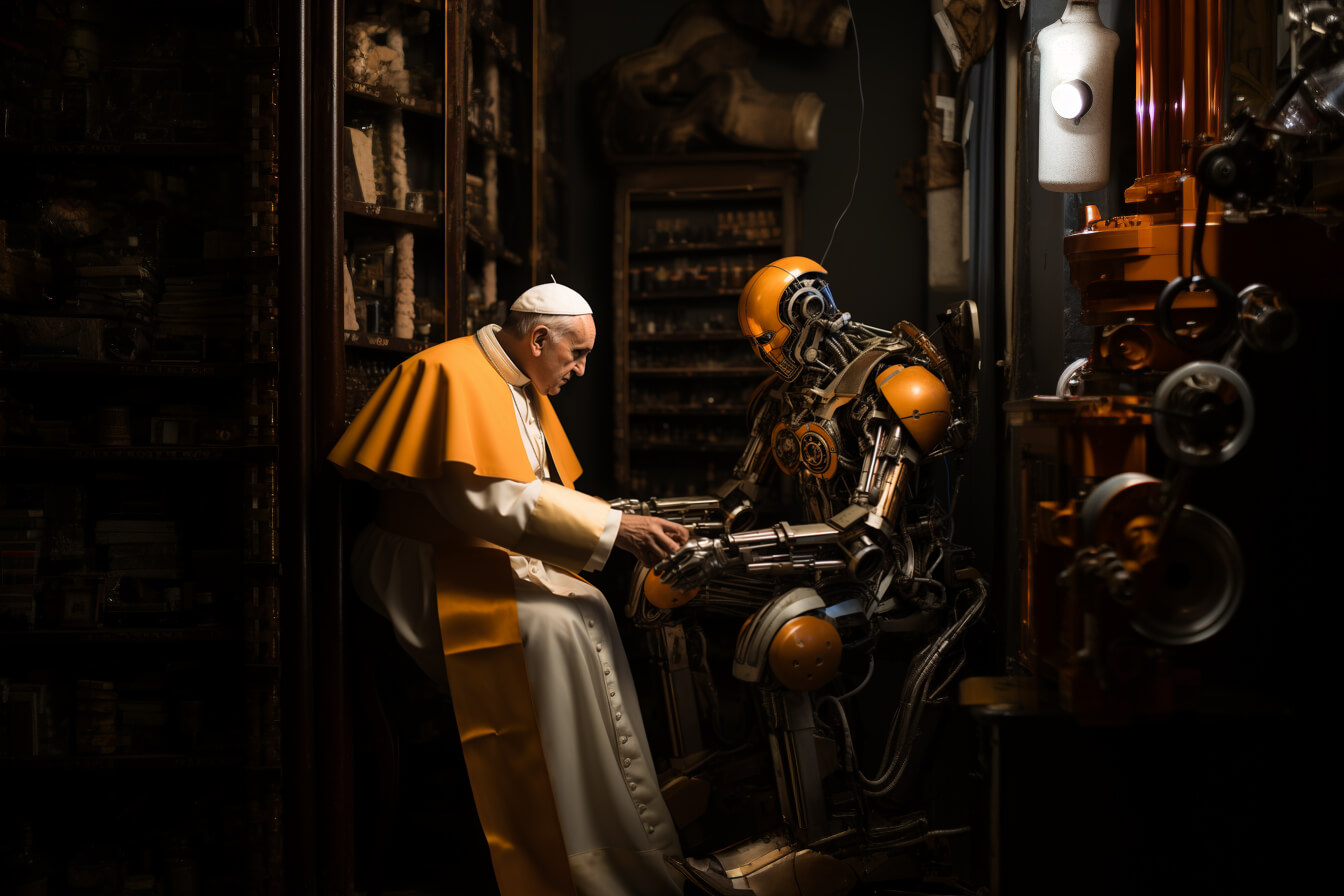Pope Francis has already spoken about artificial intelligence many times. On Thursday, he called for the creation of a global treaty on AI. This document would set the framework for the ethical development of artificial intelligence. According to the head of the church, technology companies are most often guided by profit, not ethics, which poses a significant threat to our future.
Pope Francis calls for a treaty on ethics and artificial intelligence
It cannot be denied that the artificial intelligence boom is to some extent associated with Pope Francis. But how is this possible? Of course, these are the photos of the Pope generated in Midjourney, which were so realistic that many people considered them to be real. Such photos showed the pope wearing a down jacket from an exclusive brand or at a club party.
The head of the church has spoken out many times this year about the development of artificial intelligence and ethical issues. Now Pope Francis is calling for the creation of a treaty that will allow the ethical development of artificial intelligence. This document would be a moral and ethical guide for all people involved in the development of artificial intelligence.
During Friday's meeting with the faithful, Francis said he was praying for the “profound changes” in society brought about by digital technology. It is worth adding that the timing of Francis' appeal is not accidental, as it appeared right after the European Union adopted the AI Act.
The Pope warns against systems of categorizing and surveillance of people
According to Francis, another threat related to the development of artificial intelligence is the creation of systems that will be able to categorize and surveil society. This is primarily about social trust systems that will be based on artificial intelligence algorithms. Such a system will determine who can receive a loan and who has the right to asylum.
Interestingly, politicians working on the AI Act have been debating for a long time the possibility of giving artificial intelligence tools the competence to, for example, analyze live surveillance cameras in order to search for criminals in a crowd. Ultimately, however, these amendments were rejected. It is worth mentioning that the increasingly rapid development of artificial intelligence actually requires ethics on the part of technology companies, due to the pace of algorithm development.

